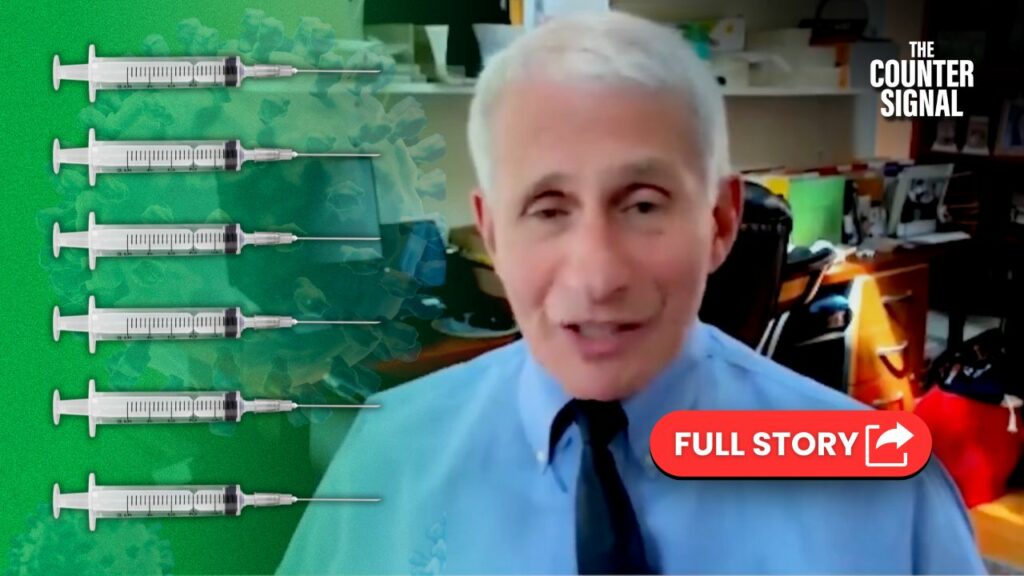Several nurses who say they’ve developed tinnitus (constant ringing in the ears) following their COVID vaccination are urging the CDC to recognize the condition as a side effect.
“I was supposed to have submitted my vaccine exemption or get the booster by April 1, as health care workers are required to have that in the state of California,” said pediatric nurse Shelli Russo in an interview with ABC News.
Russo continues, saying she developed ringing in the ears, debilitating dizziness, and trouble hearing following her second injection of the COVID vaccine.
She is currently on medical leave and is worried she will lose her job.
As ABC reports, “Due to her prior symptoms, she doesn’t want to get a booster, and California rules allow medical exemptions only for people who have symptoms or conditions that the CDC says could be harmed by the vaccine.”
Nurse Lauren Fieman has a similar story, developing tinnitus and vertigo — which she now must do daily exercises to cope with — after her second jab.
She, too, wants the CDC to acknowledge that tinnitus is a side effect of the vaccine, as the World Health Organization (WHO) already has, and it’s obvious to her that the vaccine caused her condition.
“It generally is connected to an infection: a cold, a sinus infection, maybe you had the flu, and I didn’t have any of that,” Fieman said of her vestibular neuritis diagnosis.
Patients urge CDC to recognize ringing in ears as a vaccine side effect – part 1 pic.twitter.com/PvVhPPOdSB
— Wittgenstein (@backtolife_2022) April 22, 2022
Patients urge CDC to recognize ringing in ears as a vaccine side effect – part 2 pic.twitter.com/pcF53IuZm5
— Wittgenstein (@backtolife_2022) April 22, 2022
According to the Mayo Clinic, tinnitus is usually caused by age-related hearing loss, an ear injury, or circulatory system problems.
“Most people who have tinnitus have subjective tinnitus, or tinnitus that only you can hear. The noises of tinnitus may vary in pitch from a low roar to a high squeal, and you may hear it in one or both ears. In some cases, the sound can be so loud it interferes with your ability to concentrate or hear external sound. Tinnitus may be present all the time, or it may come and go,” the Mayo Clinic explains.
In most instances, it is incurable, and doctors work to mask the constant phantom noises with white noise earpieces and other treatments.
Tinnitus can be extremely debilitating and lead to depression. According to a report from the Ear, Nose, and Throat Institute, 16 per cent of tinnitus patients report suicidal thoughts.











